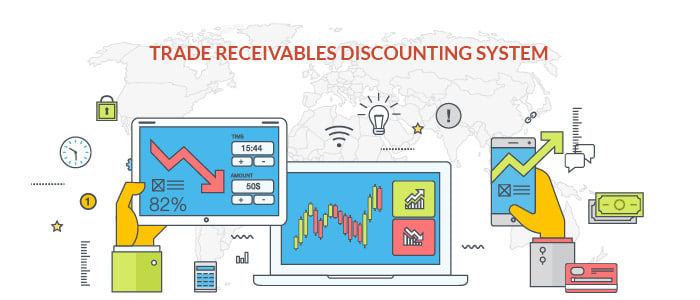Free Courses Sale ends Soon, Get It Now


Free Courses Sale ends Soon, Get It Now



Copyright infringement not intended
Context: The Reserve Bank of India has recently announced a new initiative to boost the liquidity and credit availability for MSMEs by allowing insurance companies to participate in the trade receivable discounting system (TReDS), an online platform for financing trade receivables.
Details
Trade receivables discounting system (TReDS)
TReDS offers several benefits to the participants involved:
TReDS also faces some challenges that need to be addressed
Future prospects of TReDS
Some of the possible measures that can boost TReDS are:
Conclusion
Must Read Articles:
MSME SECTOR: https://www.iasgyan.in/daily-current-affairs/msme-sector-14
|
PRACTICE QUESTION Q. “TReDS Portal” is frequently seen in the news. The Portal is related with; A) Skill development B) Employment Registration C) GST streamlining D) MSME financing Answer: D |
© 2024 iasgyan. All right reserved